563Views 0Comments
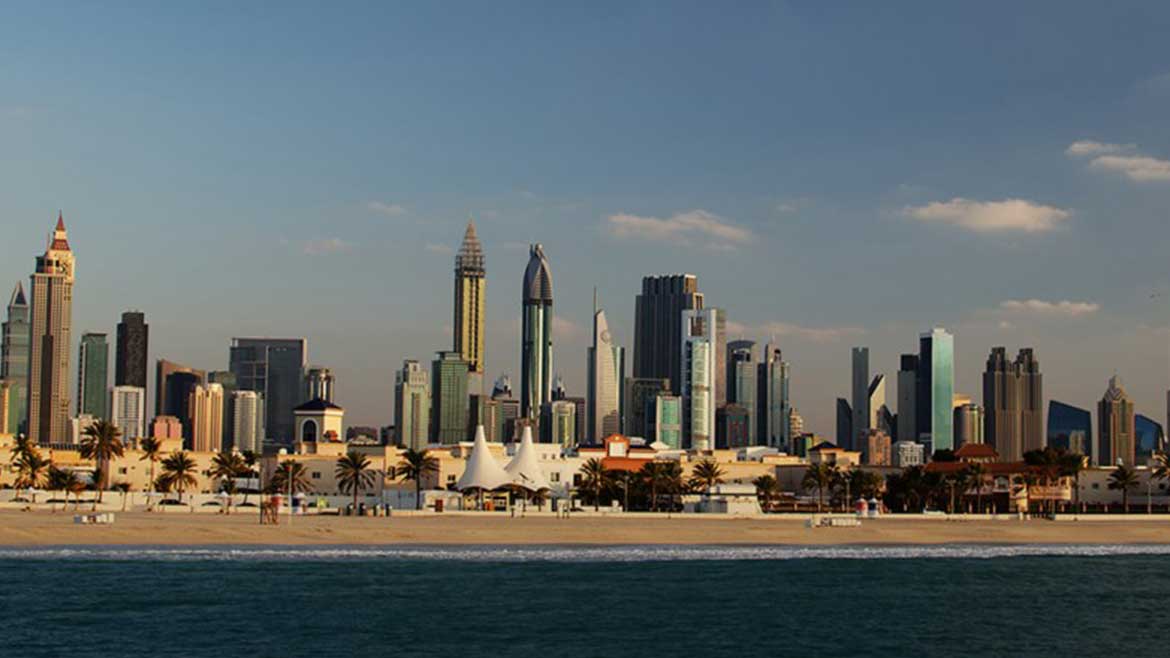
Buying vs Renting Property in Dubai: Which is the Better Option for You?
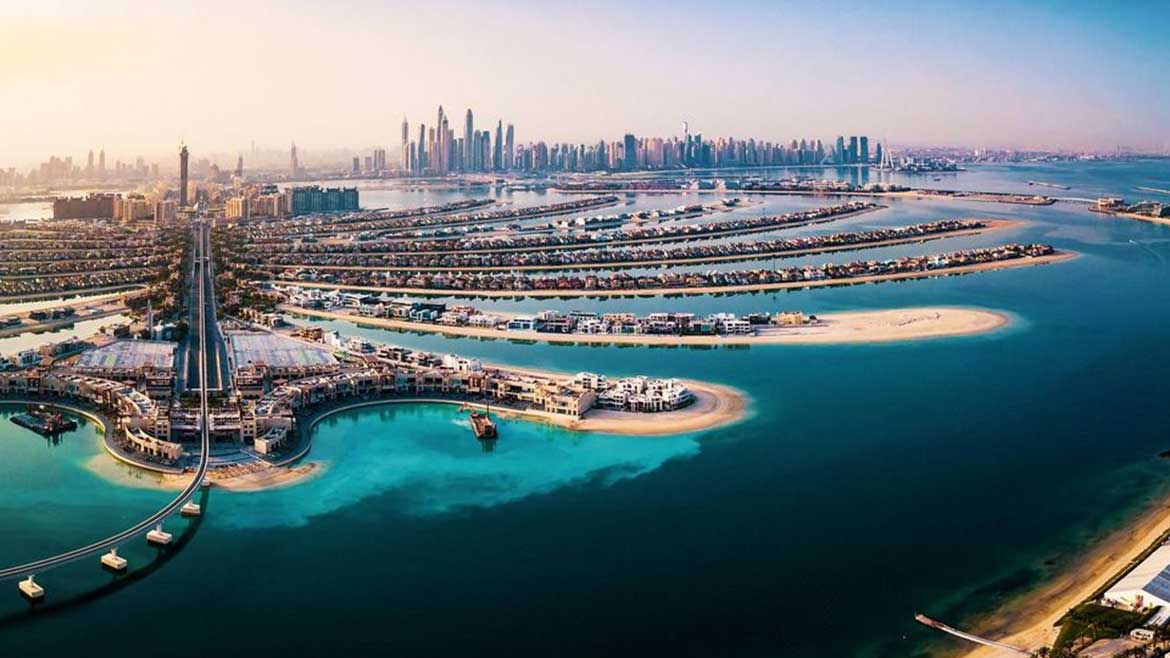
Buying or renting a property in Dubai is a significant decision that requires careful consideration of various factors. This blog post aims to provide an in-depth analysis of the benefits and drawbacks of renting and Buying a property in Dubai, enabling readers to make informed decisions based on their specific circumstances.
Why Understanding Buying vs Renting Property in Dubai is Important
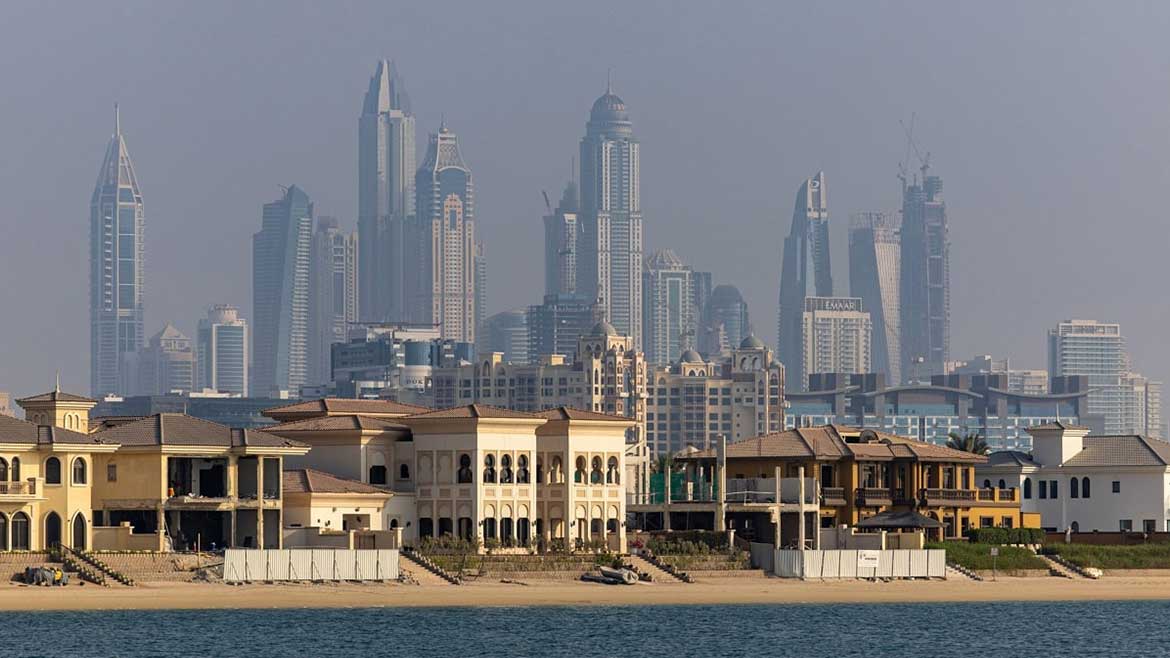
Understanding the pros and cons of buying vs. renting a property in Dubai is crucial for individuals looking to establish their residence or invest in the city’s booming real estate market. By comprehending the advantages and disadvantages of each option, individuals can align their decisions with their financial goals, lifestyle preferences, and long-term plans.
Renting Property in Dubai
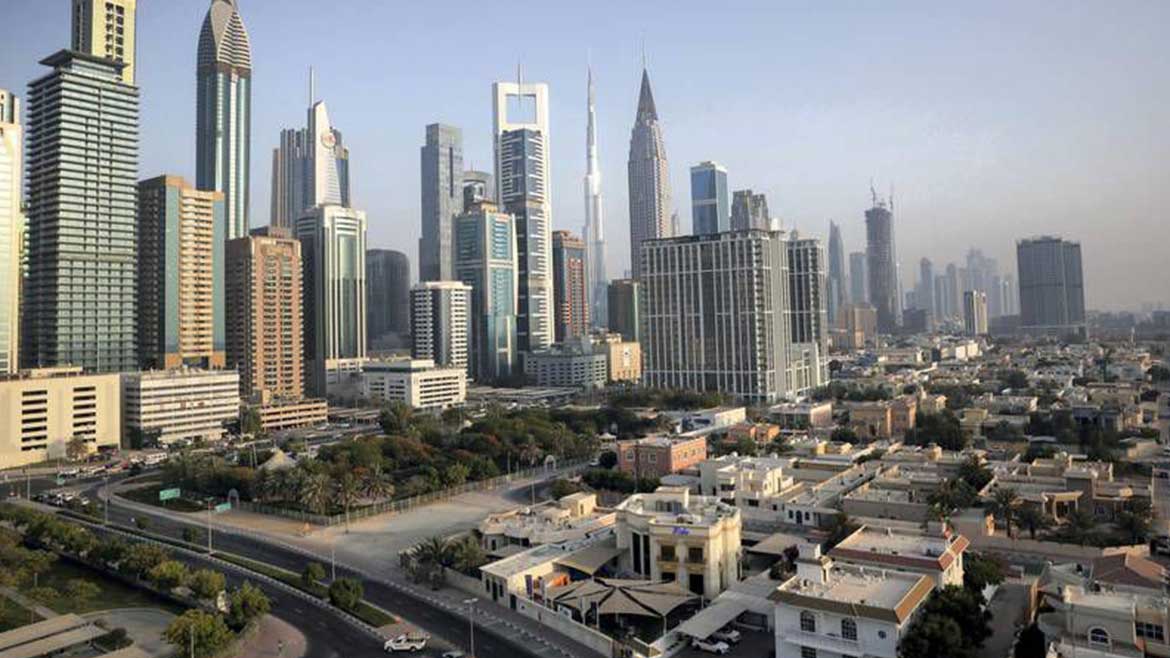
Upfront Costs
Renting property in Dubai generally requires less upfront costs than buying. Tenants typically pay a security deposit, agency fees, and sometimes a maintenance deposit, whereas buyers incur expenses such as a down payment, transfer fees, and registration fees.
Monthly Expenses
Renters benefit from fixed monthly expenses, as the landlord typically covers maintenance and service charges. Additionally, tenants can choose properties that align with their budget and lifestyle preferences without being tied to a long-term financial commitment.
Flexibility
Renting offers greater flexibility for individuals who frequently relocate or prefer not to be tied down to a specific property. It allows for easier adaptation to changing circumstances and provides the opportunity to explore different neighborhoods or property types.
Buying Property in Dubai
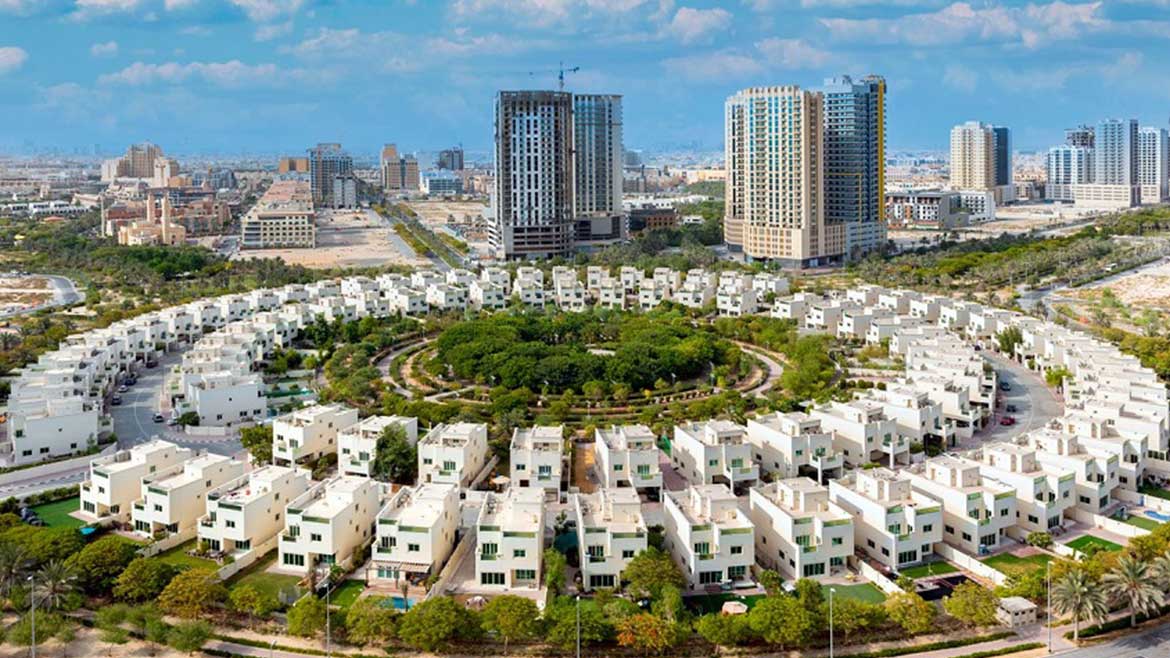
Upfront Costs
Buying property in Dubai involves higher upfront costs compared to renting. Buyers must consider expenses such as the down payment, property valuation fees, registration fees, and potentially agent commissions.
Monthly Expenses
While buyers may face higher monthly expenses due to mortgage payments, they also benefit from the potential appreciation of their freehold property in Dubai value over time. Additionally, once the mortgage is paid off, homeowners can enjoy the absence of monthly payments, providing long-term financial stability.
Long-term Financial Impact
Buying a freehold property in Dubai can offer financial security and potential investment returns. The city’s real estate market has historically shown strong growth, and owning property provides the opportunity for capital appreciation and the potential to generate rental income.
Determining the Best Option for You
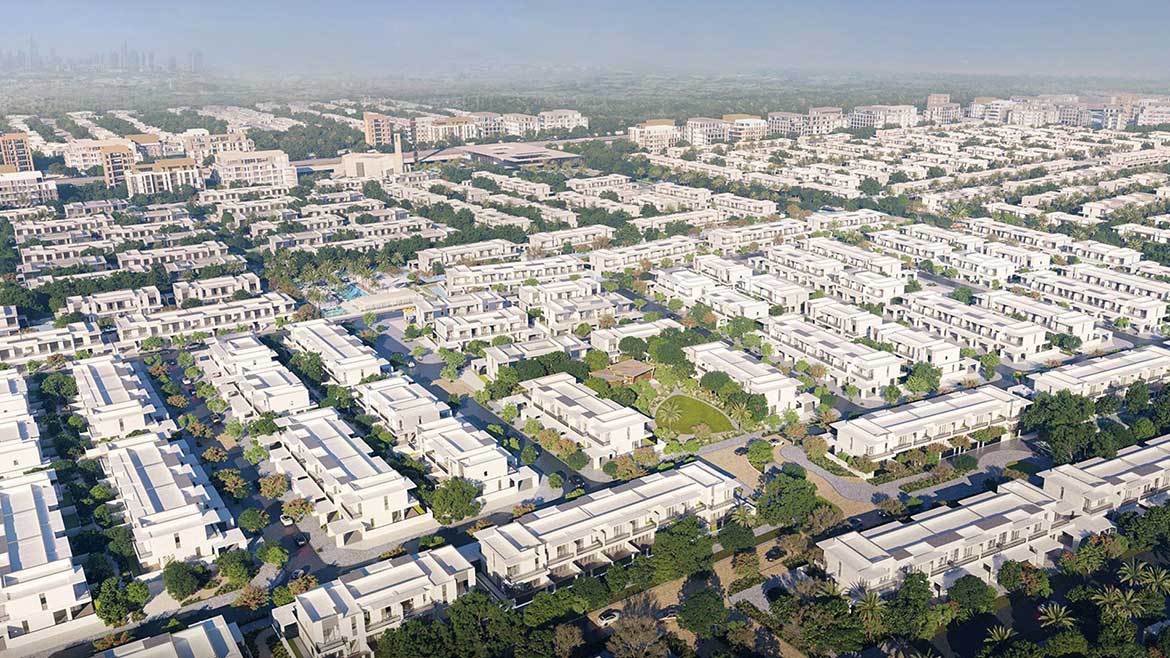
To determine whether renting or buying property in Dubai is the better option, consider the following factors
- Financial Situation
Assess your current financial status, including your savings, income stability, and creditworthiness. Determine if you have the necessary funds for a down payment and if you can comfortably afford mortgage payments or rental expenses.
- Long-term Plans
Evaluate your long-term plans and objectives. If you intend to settle in Dubai for an extended period, buying property may provide stability and potential financial gains. However, if you anticipate frequent relocations or have uncertain plans, renting may offer more flexibility.
- Lifestyle Preferences
Consider your preferences, such as the desire for homeownership, the level of responsibility you wish to assume for property maintenance, and the freedom to personalize your living space.
- Market Conditions
Stay informed about the current real estate market in Dubai. Research property prices, rental rates, and market trends to gauge the feasibility and potential returns of buying or renting property.
Real-world Examples and Statistics
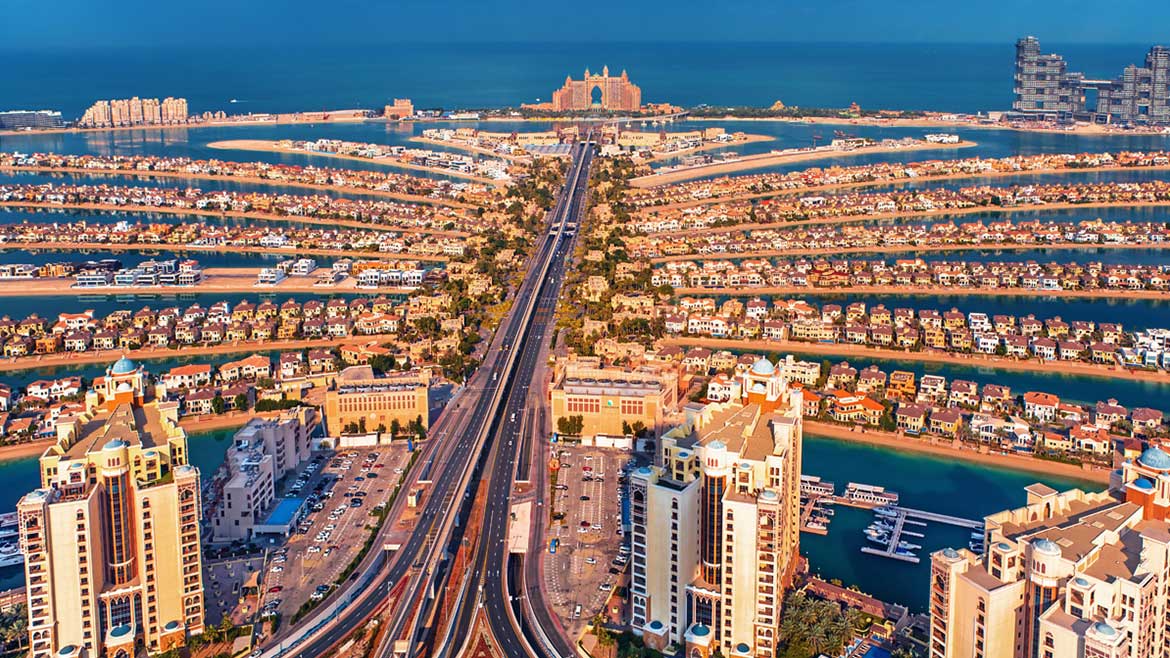
To further illustrate buying vs. renting property in Dubai, let’s consider the following examples:
- Upfront Costs
According to Dubai Land Department, the average transaction cost for buying property in Dubai is around 6-8% of the property value, including registration fees and agent commissions. On the other hand, tenants usually pay a security deposit equal to one to three months’ rent
- Monthly Expenses
Rental prices in Dubai have been relatively stable in recent years, with the average annual rental yield of around 5-7% of the property value. However, property prices in certain areas have shown strong appreciation, allowing homeowners to benefit from capital gains over time.
- Flexibility
As an example, if someone expects to live in Dubai for a limited time, such as a few years, renting might be more suitable due to its flexibility and lower commitment. However, for individuals with long-term plans, buying property in Dubai can provide stability and potential investment returns.
Final note!
Deciding whether buying or renting property in Dubai requires careful consideration of various factors. By analyzing upfront costs, monthly expenses, long-term financial impact, and personal preferences, individuals can make informed decisions. Remember to evaluate your financial situation, long-term plans, and lifestyle preferences, and stay updated with the current real estate market conditions. With a comprehensive understanding of the pros and cons, you can confidently choose the option that aligns with your goals and circumstances.
If you are searching for property Dubai for sale, do visit Dubai Local, and get your dream property.


